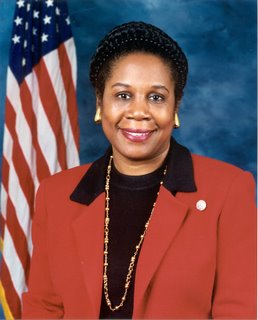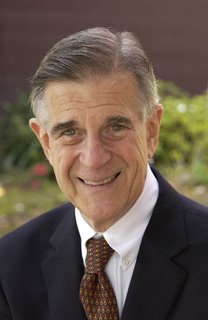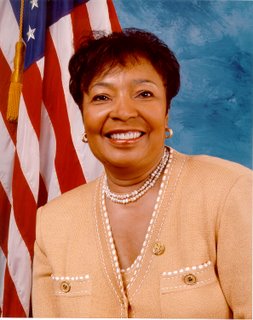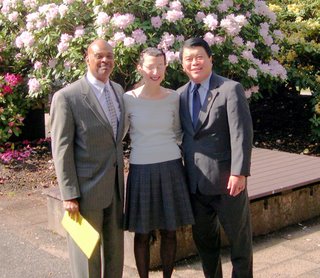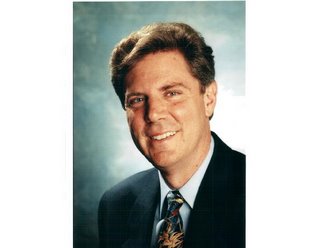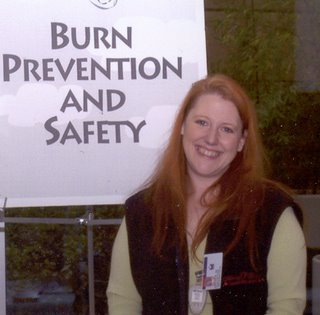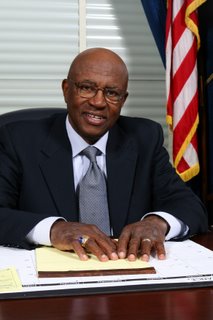 Congressman Edolphus Towns (NY)
Congressman Edolphus Towns (NY)Congressman Edolphus Towns lends his support for H.R. 4903, The National Nurse Act of 2006 and the following is his statement:
I am pleased to support H.R. 4903, the National Nurse Act of 2006. As you know, the Act amends the Public Health Service Act to establish the Office of the National Nurse within the Office of Public Health and Science to encourage men and women to enter the nursing profession; to encourage nurses to become educators in schools of nursing; and more generally the Act promotes public health through the encouragement of the professional practice of nursing.
I am aware that the supply and demand projections of registered nurses by the Health Resources and Services Administration show shortages in some geographic areas and in other than hospital environments. Other trends show that the demand for RNs in particular could exceed the supply by 2010 by as much as 25 percent. In addition, nursing is among the occupations expected to add the most new jobs over a 10-year period that began in 2000. Given the growing health challenges our nation faces in a wide range of diseases, it is imperative that the Federal government gives leadership to the growth and education of the nursing workforce and the National Nurse Act of 2006 begins this process.
Just one more thing, I am also concerned about the growth and education of minority nurses and I am concerned that as we continue this debate that this concern be included in whatever discussions we have in U.S. House of Representatives.



